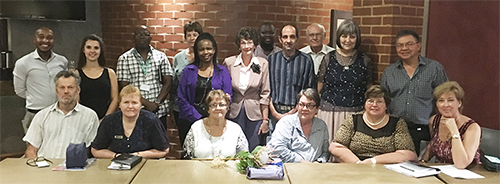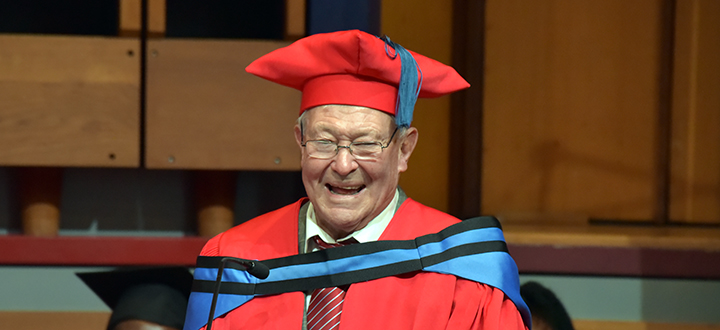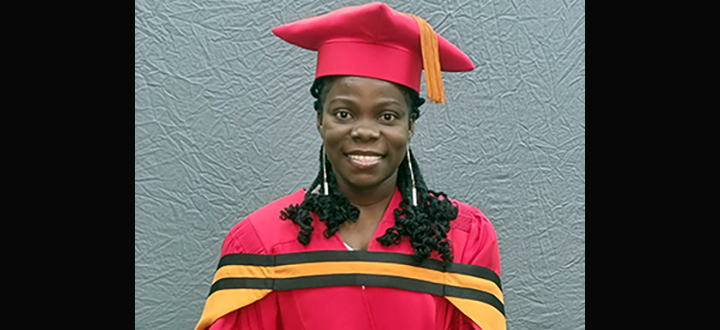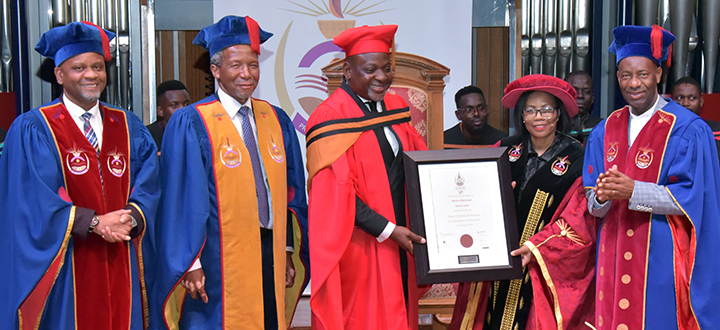College of Education
Caring for vulnerable children
On 26 October 2017, Unisa and the Bramley Community Project hosted a workshop at the Menlyn Boutique Hotel to support the staff of the Bramley Child and Youth Care Centre. The event, aimed at strengthening house parents and the system of support for Bramley, was a gathering of minds that offered insight and reinforcement of values and codes for all those involved in the continued success of the Bramley Community Project.

CEDU and the Bramley Community Project come together to support vulnerable children and their house parents.
Impassioned to intervention
“The Embrace our Children community project is a passion for many colleagues at Unisa. Eleven colleagues from the College of Education (CEDU) are involved in it, and since 2012, we have been involved in supporting and assisting the Bramley Child and Youth Care Centre in Groenkloof. While we mainly assist the children with homework, we perceive it as our duty and privilege to support the staff and management team,” said Dr Hendrik Kriek of CEDU’s Department of Educational Foundations.
The event was highlighted by a stirring talk by the Department of Psychology’s Professor Petro van der Merwe, under the theme “Whatever happens with vulnerable children after state intervention and placement in a children’s home? The new structure and quality of children’s living arrangements influences their future development.” Directed at all attendees, Van der Merwe especially focused on the hardships of house parents and the difficult decisions that they face from one day to the next. She noted the importance of consistency when raising children in any setting, but especially of the need for consistency for a child who has, to date, not had much by way of authoritative and loving parenting. “We must always remember where these children are coming from. We want to make a difference to their painful backgrounds,” she said. “Their vulnerable status encourages the view that they are prisoners, trapped and in need of rescue. But we must remember that whatever happens with these children after state intervention, their new structure and quality influences their future behaviour.”
The weight of responsibility
Van der Merwe noted that the welfare system does not have the funding or resources for proper care and that intervention is often the only way to secure a sure future for these children. “The malfunctioning family distorts the typical strains of a childhood, but the Bramley Children’s Home is the perfect place to start showing these children that they are loved, safe, and secure in other homes. They must see that homes can be safe and loving and the people to ensure this are the house parents. It is a calling, not an occupation.”
“We must remember that these children do not have strong memories of parents or families, but what they have experienced affects their attitude and long-time behavioural traits. It is therefore important to remember that what they experience now will change how they behave as children, teenagers, and as adults and parents of their own children. The cycle can be broken,” she said. “Research has shown that adults raise their own children the way they were raised. If they were punished with harsh words or corporal punishment, they will treat their own children with similar authoritarian leanings. These children may have a fear of parent and adult caregivers, and that is why it is so important that we emphasise the pivotal role of the house parents; their shared responsibility in the physical, psychological, and spiritual re-education of children in the home.
“Discipline should be balanced with love. We encounter so much sadness in the lives of these children, and sometimes it is hard to remember that we must allocate time and willpower to be attentive to each child under our care. Children can learn multiple lessons from us about social and emotional intelligence,” said Van der Merwe. “With good care and attentive parenting, we can make a difference.”
Kriek noted that Van der Merwe’s words spoke to the impassioned caregiver inside all those affected by the work at Bramley. “They strike a chord within us,” he said. “This is not something you do unless you have a passion and a calling for the work.”
*By Carmen Taxer
Publish date: 2017-10-30 00:00:00.0

 Community champion and agricultural entrepreneur extraordinaire honoured by Unisa
Community champion and agricultural entrepreneur extraordinaire honoured by Unisa
 Ghanaian-born Swede earns PhD in Information Sciences from Unisa
Ghanaian-born Swede earns PhD in Information Sciences from Unisa
 Unisa awards honorary doctorate to exemplary philanthropist and entrepreneur Collen Tshifhiwa Mashawana
Unisa awards honorary doctorate to exemplary philanthropist and entrepreneur Collen Tshifhiwa Mashawana
 Inhlanyelo Hub explores financing and sustainability at the International Conference on Business Incubation
Inhlanyelo Hub explores financing and sustainability at the International Conference on Business Incubation
 Unisa remains anchored among the waves
Unisa remains anchored among the waves